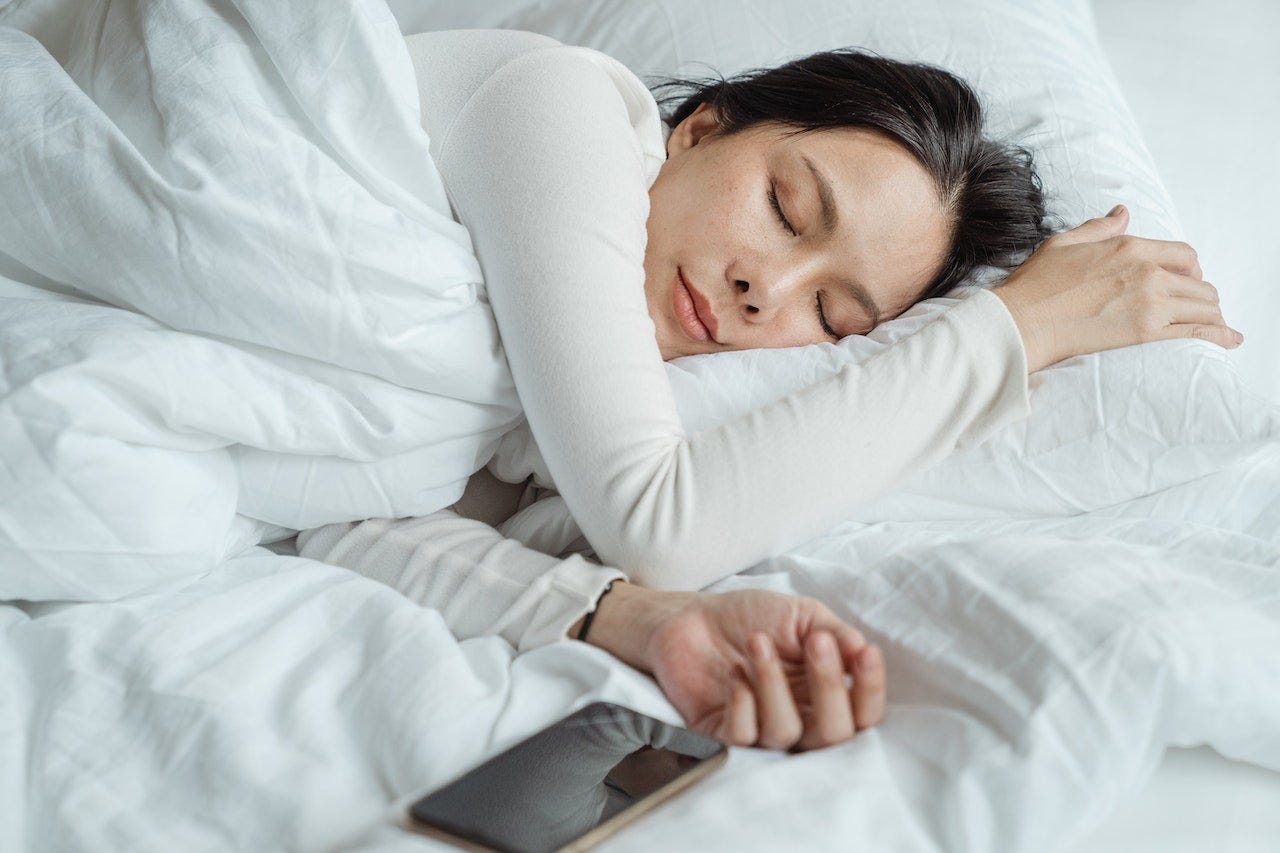10 Effective Strategies to Combat Anxiety in Daily Life
Anxiety is a common experience that can significantly impact daily life, affecting both mental and physical health. Managing anxiety effectively is crucial for maintaining overall well-being and enhancing quality of life.
This article explores ten effective strategies to combat anxiety, offering practical advice and techniques that can be incorporated into daily routines.
Understanding Anxiety
The Nature of Anxiety
Anxiety is a natural response to stress, characterized by feelings of worry, nervousness, or fear. While it can be a normal part of life, chronic anxiety can interfere with daily activities and lead to physical symptoms such as increased heart rate, muscle tension, and fatigue.
The Impact of Anxiety
Unmanaged anxiety can affect various aspects of life, including work performance, relationships, and overall health. Understanding the nature and impact of anxiety is the first step toward effectively managing it. By recognizing the signs and triggers of anxiety, individuals can take proactive measures to address it.
Effective Strategies to Combat Anxiety in Daily Life
:max_bytes(150000):strip_icc()/3145195-article-tips-to-reduce-stress-5a8c75818e1b6e0036533c47-922c3155e9c846eaa7447c75030b2c13.png)
1. Practice Mindfulness Meditation
Mindfulness meditation involves focusing on the present moment and accepting it without judgment. This practice helps reduce anxiety by promoting relaxation and increasing awareness of one's thoughts and feelings.
How to Practice Mindfulness
To practice mindfulness, find a quiet place to sit comfortably. Close your eyes and focus on your breath, observing each inhale and exhale. If your mind wanders, gently bring your attention back to your breath. Practicing mindfulness for just 10-15 minutes a day can significantly reduce anxiety.
2. Engage in Regular Physical Activity
Regular physical activity has been shown to reduce anxiety by releasing endorphins, which are natural mood lifters. Exercise also helps reduce muscle tension and promotes better sleep, both of which can alleviate anxiety symptoms.
Types of Beneficial Exercise
Engage in activities that you enjoy, such as walking, running, swimming, or yoga. Aim for at least 30 minutes of moderate exercise most days of the week to experience the benefits.
3. Maintain a Healthy Diet
 A balanced diet can have a significant impact on anxiety levels. Foods rich in vitamins, minerals, and antioxidants support brain health and can reduce anxiety.
A balanced diet can have a significant impact on anxiety levels. Foods rich in vitamins, minerals, and antioxidants support brain health and can reduce anxiety.
Nutritional Tips for Reducing Anxiety
Incorporate foods such as leafy greens, fatty fish, nuts, seeds, and whole grains into your diet. Avoid excessive caffeine and sugar, which can exacerbate anxiety symptoms. Drinking plenty of water is also essential for maintaining overall health and well-being.
4. Get Adequate Sleep
 Sleep plays a crucial role in regulating mood and reducing anxiety. Lack of sleep can increase stress hormones and make it harder to cope with anxiety.
Sleep plays a crucial role in regulating mood and reducing anxiety. Lack of sleep can increase stress hormones and make it harder to cope with anxiety.
Tips for Better Sleep
Establish a regular sleep schedule by going to bed and waking up at the same time each day. Create a relaxing bedtime routine, such as reading or taking a warm bath, to signal to your body that it is time to wind down. Ensure your sleep environment is comfortable and free from distractions.
5. Practice Deep Breathing Techniques
Deep breathing techniques can help calm the nervous system and reduce anxiety. By focusing on your breath, you can interrupt the cycle of anxious thoughts and bring your body into a state of relaxation.
Simple Breathing Exercises
Try the 4-7-8 breathing technique: inhale deeply through your nose for a count of four, hold your breath for a count of seven, and exhale slowly through your mouth for a count of eight. Repeat this cycle a few times until you feel more relaxed.
6. Limit Exposure to Stressful Media
Constant exposure to negative news and social media can increase anxiety levels. It is essential to be mindful of the media you consume and set boundaries to protect your mental health.
Strategies for Managing Media Exposure
Limit the time you spend on news websites and social media platforms. Schedule specific times to check the news and avoid doing so right before bed. Follow accounts and consume content that uplift and inspire you.
7. Foster Social Connections
Strong social connections can provide emotional support and reduce feelings of isolation, which can alleviate anxiety. Sharing your feelings with trusted friends or family members can offer comfort and perspective.
Ways to Build and Maintain Relationships
Make an effort to stay in touch with loved ones through regular phone calls, video chats, or in-person meetings. Join social groups or clubs that align with your interests to meet new people and build a supportive network.
8. Utilize Cognitive Behavioral Techniques
Cognitive Behavioral Therapy (CBT) is an evidence-based approach that helps individuals identify and change negative thought patterns that contribute to anxiety. CBT techniques can be applied independently or with the guidance of a therapist.
Practical CBT Strategies
Practice identifying negative thoughts and challenging them with evidence-based reasoning. For example, if you find yourself thinking, "I will fail at this task," counter it with, "I have prepared well and will do my best." Over time, this practice can help reframe anxious thoughts and reduce their impact.
9. Set Realistic Goals and Prioritize Tasks
Setting realistic goals and prioritizing tasks can help reduce feelings of overwhelm and anxiety. Breaking tasks into manageable steps makes them more approachable and less daunting.
Effective Goal-Setting Techniques
Use the SMART criteria (Specific, Measurable, Achievable, Relevant, Time-bound) to set goals. Prioritize tasks based on their urgency and importance, and tackle high-priority items first. Celebrate your progress and achievements, no matter how small.
10. Seek Professional Help When Needed
Sometimes, managing anxiety requires the support of a mental health professional. Therapists and counselors can provide tools, strategies, and support tailored to your specific needs.
Finding the Right Professional
Look for licensed mental health professionals with experience in treating anxiety. You can seek recommendations from your primary care provider, friends, or trusted sources. Do not hesitate to reach out for help; seeking professional support is a crucial step toward managing anxiety effectively.
Conclusion
Combating anxiety requires a multifaceted approach that includes lifestyle changes, mindfulness practices, and sometimes professional help. By incorporating these ten effective strategies into your daily life, you can reduce anxiety, enhance your mental well-being, and improve your overall quality of life. Remember, managing anxiety is an ongoing process, and it is important to be patient and compassionate with yourself as you work toward better mental health.
References
American Psychological Association - Anxiety
Harvard Health Publishing - The Benefits of Exercise for the Clinically Depressed
Mayo Clinic - Meditation: A Simple, Fast Way to Reduce Stress
National Institute of Mental Health - Anxiety Disorders
Cleveland Clinic - 3 Breathing Exercises to Reduce Stress
Psychology Today - The Power of Social Support
Verywell Mind - Cognitive Behavioral Therapy Techniques
Sleep Foundation - How to Get Better Sleep
WebMD - Healthy Eating and Anxiety



































































